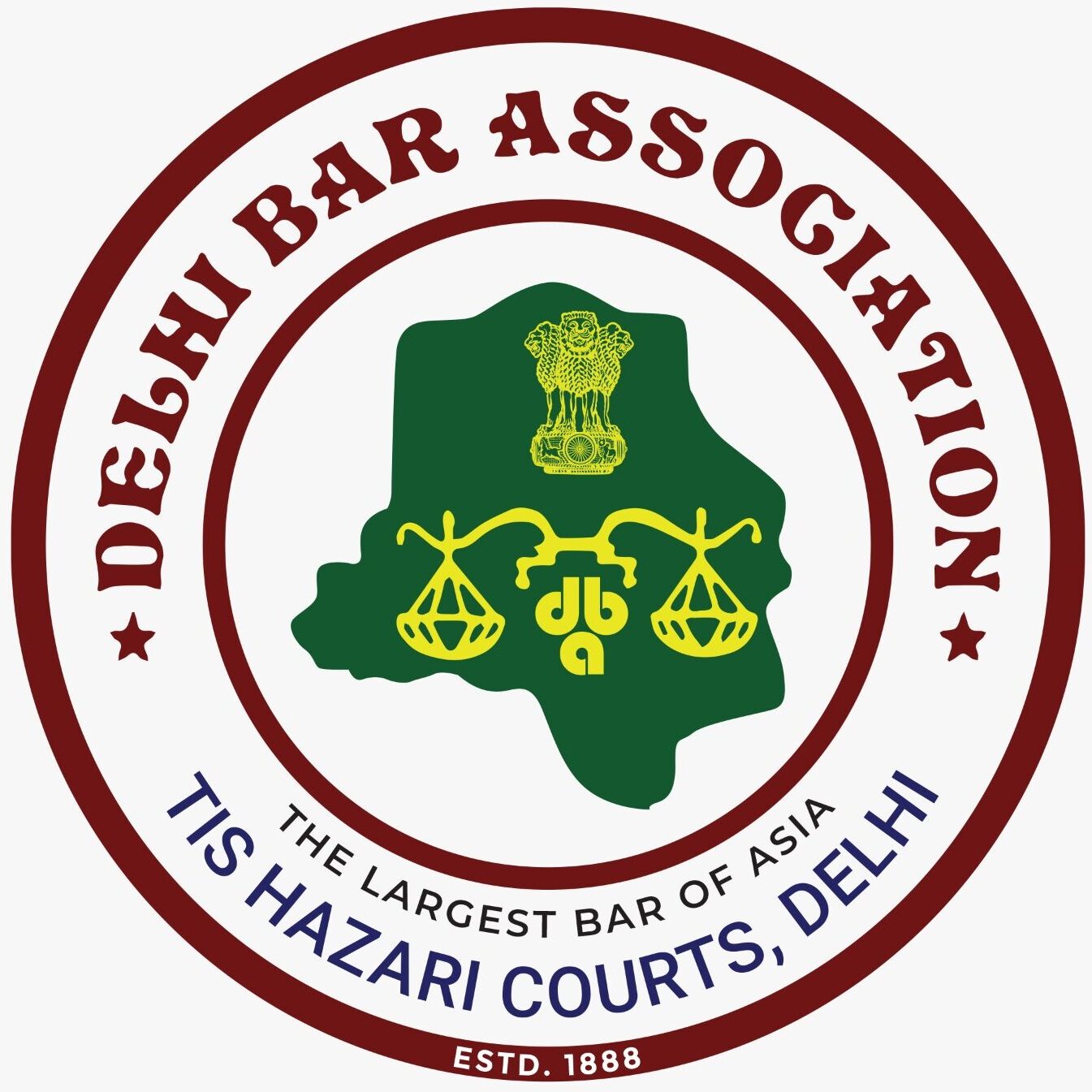Introduction
Contrary to traditional Indian weddings, court marriages are ceremonies performed under or in conformity with the Special Marriage Act of 1954 (hence referred to as “the act”). A Marriage Officer and three witnesses must be present for the marriage to be solemnized or performed in the courtroom. The complex customary or ritualistic steps of the parties to the marriage are not required in these marriages. An act-compliant marriage can be formed by simply getting married in front of a marriage officer.
Starting with giving notice, the complete process can take up to 60 days. Providing that no objections are raised within 30 days of the notice’s publication date.If an objection is raised, the Marriage Officer has a maximum of 30 days to conduct an investigation. Within 30 days of the date the Marriage Officer’s judgment was made, an appeal may be filed in the District Court if the Marriage Officer upholds the objection.Yes, every faith follows the same, universal court marriage procedure. Since the statute is secular, it accords equal status to all major world religions.
What prerequisites must be met for judicial weddings to be solemnized?
The following requirements are listed in Chapter II, Section 4 of the legislation for solemnizing a judicial marriage:
- No previous marriage – Neither party may have a spouse who is still alive.
- Valid Consent – Neither party may be unable of giving valid consent due to mental incapacity.
- Age: The female is 18 years old, and the male has reached the age of 21.
- Degrees of relationships that are forbidden – The parties do not fall under the parameters of forbidden connections. With the caveat that a marriage between the parties may be solemnized if a tradition controlling at least one of the parties authorizes it, regardless of whether the connection falls within the range of relationships that are forbidden.
The steps for getting married in court are as follows:
The steps involved in a judicial marriage, which are outlined in Chapter II under the heading “Solemnization of Special Marriages,” can be summarized as follows:
Step 1: Informing people about the impending union
Second step: publication
Step 3: Refusal of Marriage
Step 4: Parties and witnesses make declarations
Step Five: The location and type of solemnization
Step 6 – Marriage Certificate
The steps are described in more detail below, along with the paperwork that must be provided at each stage. The necessary paperwork make reference to Delhi for convenience’s sake.
What challenges does one encounter in a judicial marriage?
Contrary to traditional marriages, which involve extensive religious rites, months of planning, and customary rituals, judicial marriages are generally less complicated. The following are the few challenges that come with a court marriage:
The dates for appearance and solemnization of the court marriage depend on the date that the marriage officer allots for everyone. Even in an emergency, the wedding cannot take place before the scheduled date (30 days after the notice is published only when no objection is raised by anyone). The marriage can be delayed for a lengthy time by a valid objection, and the Marriage Officer’s judgment is final. If
Conclusion
The marriage may be solemnized in any manner desired by the contracting parties. For instance, two Hindus can choose to have a Christian-style wedding to formally declare their marriage. The newlyweds don’t need to submit a new application to the marriage officer for registration of the union. It is a step in the court marriage procedure. The marriage between the parties is conclusively proven by the marriage certificate the parties obtained following the court marriage, and supporting documentation is not required.
